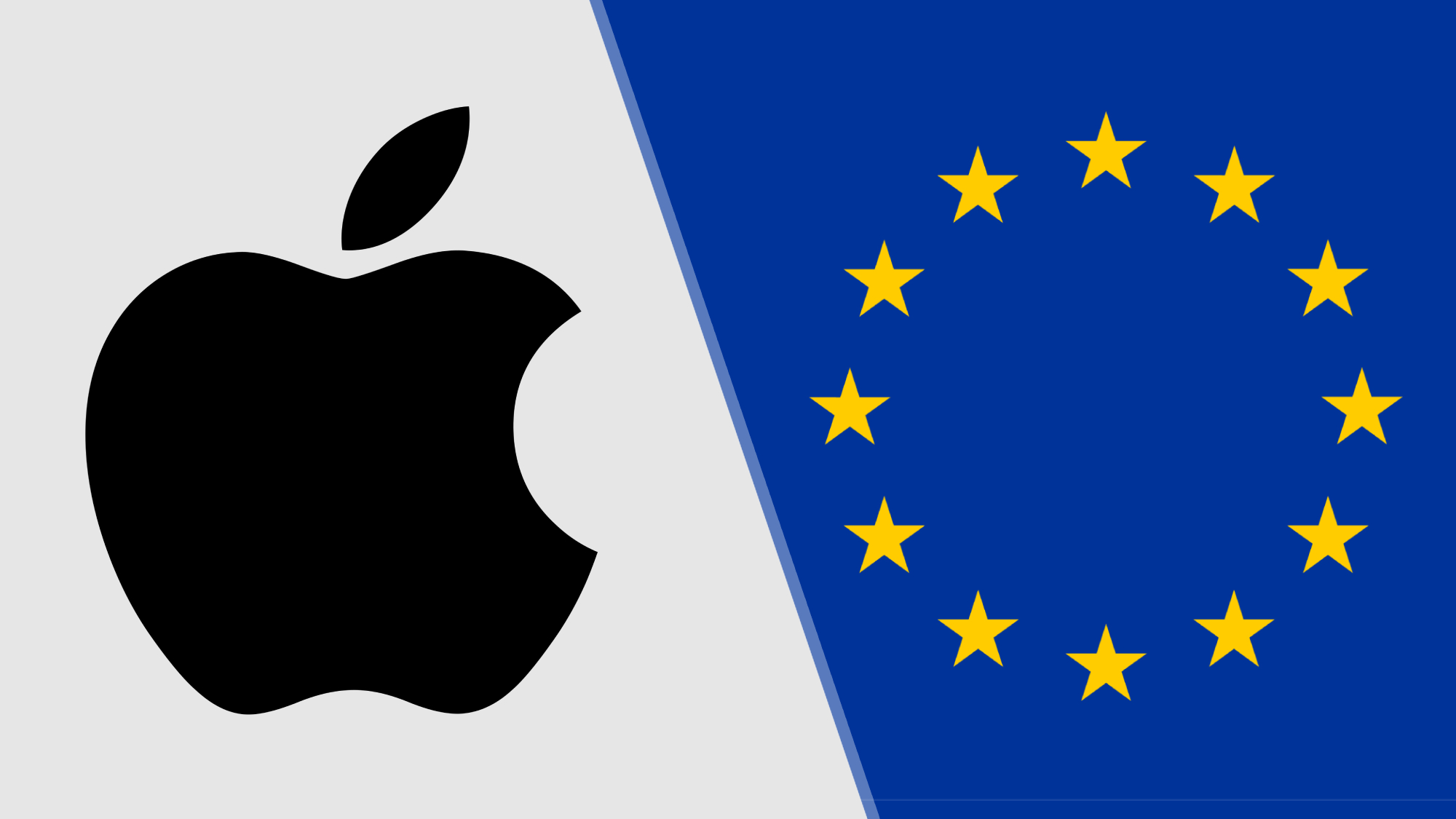

A European Union leader is still not happy with Apple.European Union Commissioner for Competition Margrethe Vestager told CNBC in an interview on Tuesday that the organization has a “number of Apple issues,” and she “finds them very serious.”This comes after two years of Apple and the European Union being caught in a battle, with the issue originating from the EU forcing Apple to make iPhone USB-C compatible by 2024, with it escalating into Apple launching an alternative marketplace and the EU demanding that Apple open up their messaging services and allow the removal of pre-installed applications.Now, it seems that the EU is unhappy with Apple’s response to the Digital Markets Act, which went into full effect in March. Vestager says, “I was very surprised that we would have such suspicions of Apple being non-compliant.” She claims “this is not what we expected of such a company” and that the organization “will enforce exactly with the same dedication and with the same top priority as with any other business.”When asked if this would happen “soon,” Vestager responded, “hopefully soon.”But what exactly is the European Union asking of Apple, and will it come away from this probe finding that the company hasn’t played by its rules?Get our in-depth reviews, helpful tips, great deals, and the biggest news stories delivered to your inbox.What is the DMA expecting of Apple?The Digital Markets Act came to fruition in September 2022 and is designed to keep major digital marketplace providers from turning their platforms into a closed-off ecosystem. This is only meant to combat the largest tech companies in the world, specifically referred to as “gatekeepers” by the European Union.As the EU’s website explains, the six gatekeepers it designated are Alphabet (Google), Amazon, Apple, ByteDance (TikTok), Meta, and Microsoft. The European Union’s probe into these companies will ensure that they follow its new rules.(Image credit: DEPOSIT PHOTOS)The European Union provides an easy to understand list of things a company should and shouldn’t do on its website. Under DMA, a company must:Allow consumers to uninstall pre-installed applications or software: If you don’t want Copilot or Microsoft Edge on your Windows PC or want to uninstall FaceTime on iOS, “gatekeeper” companies are no longer legally allowed to prevent the user from doing so.Allow consumers to use, connect, and “link” up to businesses outside of the platform provided by the gatekeeper. Essentially, these major companies cannot prevent users from installing an alternative third-party application if they wish to.Companies must be allowed to advertise on the gatekeeper’s platform with “tools” and “information” to let those companies operate independently, even though the gatekeeper hosts it.This is vague, but third parties must be allowed to “inter-operate” with the gatekeeper’s services. However, this is only under “certain specific conditions.” For example, Apple cannot block other messaging systems from interacting with its Messages application.The European Union’s probe will be checking to see if Apple is complying with these new rules. But what happens if they find the company isn’t?Image 1 of 1What happens if Apple doesn’t comply?If a company fails to comply, it will face a fine of up to 10% of its worldwide annual turnover. Repeated infringements can go up to 20%, alongside a periodic penalty of up to 5% of the daily turnover.This is no small fee, and for Apple to currently be under a probe could cost them tons of money. Whether or not the European Union will conclude that they’re non-compliant is in the air, but it could be a massive blow.MORE FROM LAPTOP MAG





